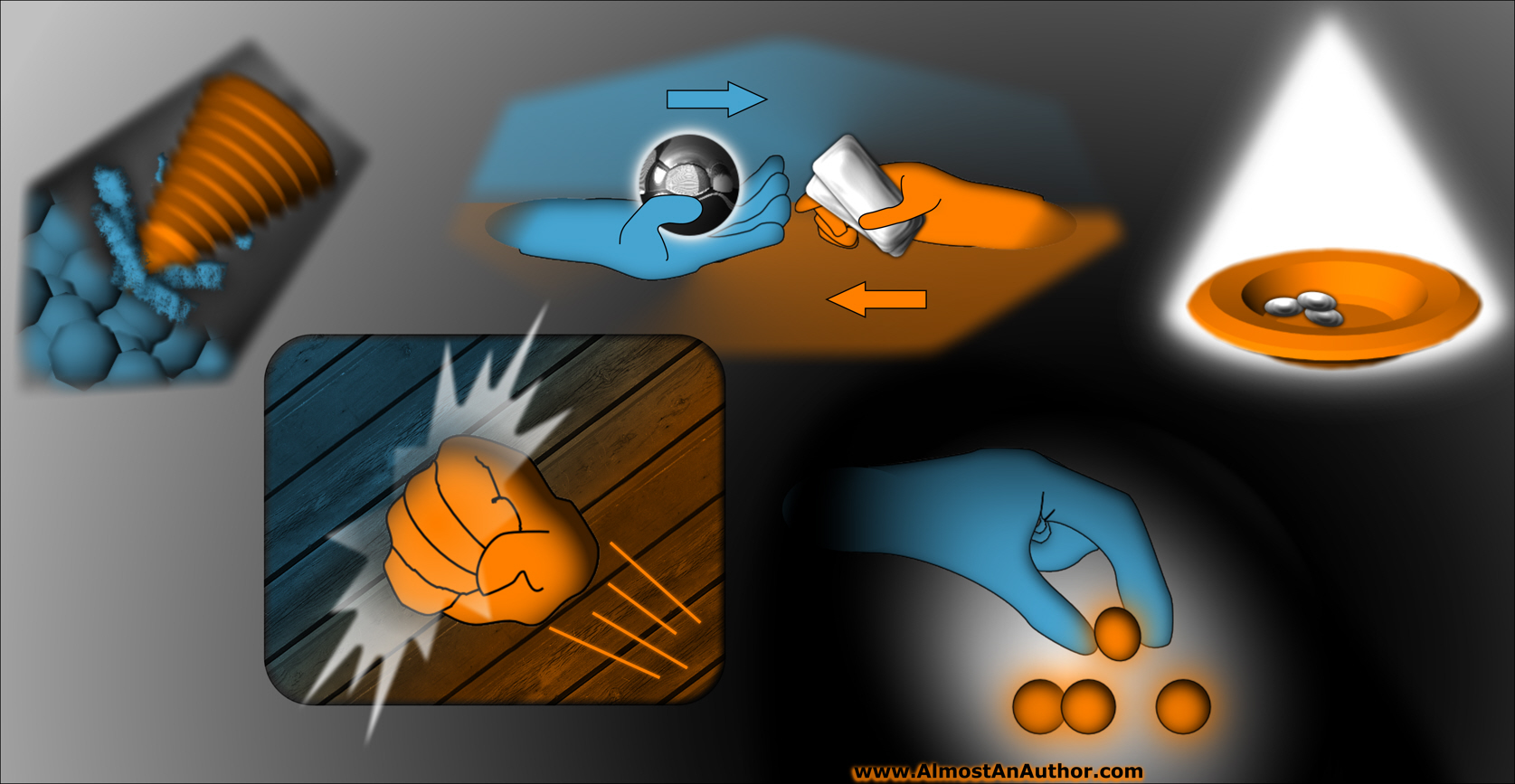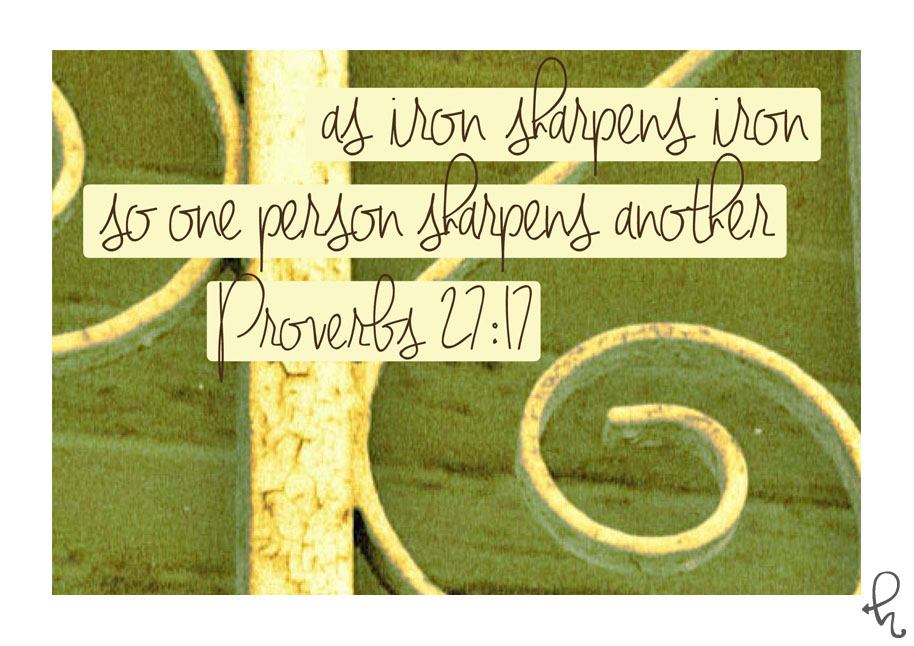
Acquiring Things of Value
When writing a speculative fiction novel, determine what the things of value are in your world. Water, food, shelter-building resources,…
February 7, 2016
When writing a speculative fiction novel, determine what the things of value are in your world. Water, food, shelter-building resources,…
February 7, 2016
When you write, do you have a happy place? Do conditions have to be “just right?” When are you…
December 28, 2015
One of my favorite drama exercises is to take a familiar object and brainstorm what that object could be.…
December 3, 2015
Would you like to improve your vocabulary, fire your imagination, and learn about story structure and character development from…
November 13, 2015
You paced around the house all day doing unnecessary chores. You read an article on writing. You rearranged stuff on…
September 11, 2015
I had just settled on our front porch swing with my yellow legal pad and favorite pen when Katie,…
August 16, 2015
I slogged through composing an article, retyping the same sentence six or seven times. The sentence was too short,…
July 21, 2015